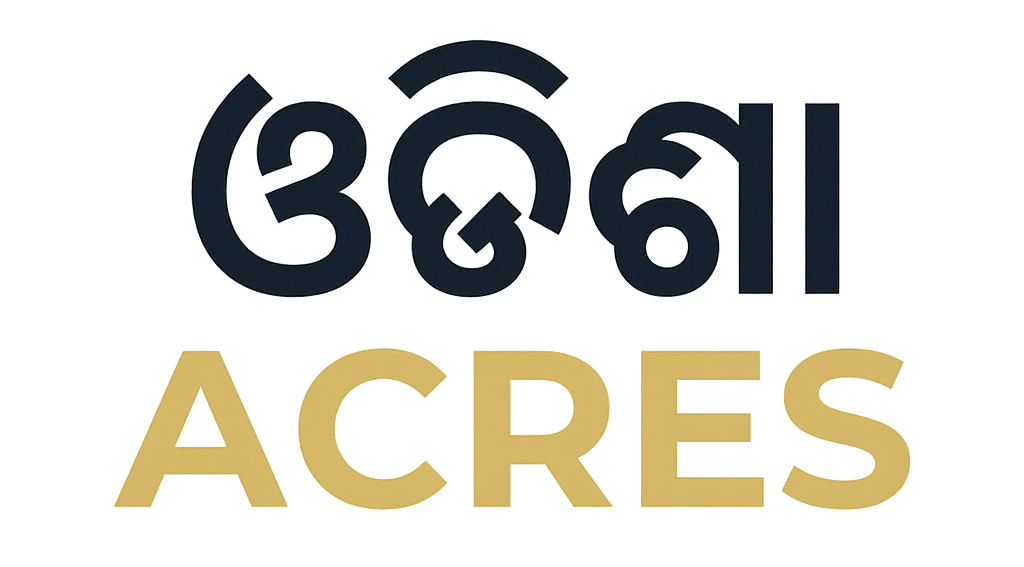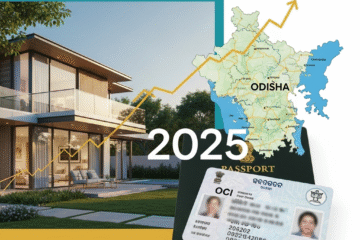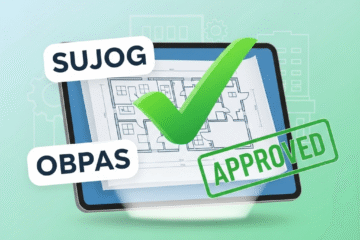Odisha Apartment Ownership Act 2023: What Every Flat Owner & Builder Should Know
🏠 Why this new law?
Earlier, Odisha had the 1982 Apartment Act. But it was outdated and didn’t cover today’s high-rise lifestyle. So in 2023, the state brought in a fresh law: the Odisha Apartment (Ownership & Management) Act, 2023.
👉 Main idea:
- Give clarity to flat buyers about their rights.
- Make promoters hand over common areas on time.
- Ensure Associations of Allottees (AoA) run apartments properly.
👥 Who does this law apply to?
- All apartments & buildings – old or new, residential or commercial.
- Even projects built before 2023 come under it.
- Exemption: govt buildings used for official purposes.
📖 Simple terms you should know
- Apartment Owner → You, once you buy & register your flat.
- Allottee → A buyer who has booked but not yet got possession.
- Common Areas → Everything shared: land, lobbies, lifts, stairs, open parking, basements, terraces, gardens, utilities.
- OC (Occupancy Certificate) → Permission to live in the building.
🔑 Your key rights
- You own your flat + a share in common areas.
- This share (called undivided interest) can’t be separated or sold—everyone owns it together.
- No builder can sell open parking or lobbies as private property—it’s common.
📜 The “Declaration” – Builder’s promise on paper
Before selling, the promoter must file a Declaration with all details:
- Carpet area, number of rooms, balconies.
- List of common facilities (parking, gym, garden).
- Percentage share of each owner in common areas (used for voting).
📝 Deed of Transfer – must happen within 3 months of OC
Once the project gets an Occupancy Certificate (OC), the builder has 3 months to:
- Register a Deed of Transfer for your apartment.
- Transfer proportionate ownership of common areas to the AoA (Association of Allottees).
- Hand over records like ORERA registration, approved plans, and the Declaration copy.
If they don’t, you can push legally through the Competent Authority.
🕰️ What about older projects?
If your project was completed after RERA came in (2017) but before this 2023 law—don’t worry. The Act says your common areas are deemed transferred to the AoA.
🏢 Association of Allottees (AoA) – your building’s “mini-government”
- All flat owners must come together and form an AoA.
- AoA has by-laws (rules for elections, meetings, budgets).
- They manage: security, maintenance, repairs, common utilities, and can even enter flats for emergency repairs.
- They keep an Association Fund from your maintenance charges.
💰 Money talk – expenses & profits
- Everyone pays maintenance charges based on their share.
- If the association earns money (like renting community hall/shops), it’s treated as common profit and goes into the fund.
- Not paying dues? The AoA can take legal steps to recover.
🔎 Why this law matters for buyers
- No more builders holding on to common areas.
- Open parking can’t be sold as private—it’s common.
- OC first, then handover—you’re safer.
- Old projects get protection under deemed transfer.
✅ Quick checklist
For Buyers / Owners
- Ask for Declaration copy when booking.
- Ensure builder does Deed of Transfer within 3 months of OC.
- Check if AoA is registered and active.
For Associations (AoA)
- Register your by-laws.
- Take control of common areas and records.
- Collect maintenance transparently.
For Builders / Promoters
- Don’t delay OC → Transfer → AoA handover.
- No selling common areas as private stock.
- File everything with ORERA & Competent Authority.
❓ FAQs
1. Does this law replace the old one?
Yes, it replaces the 1982 Act completely.
2. Is open parking part of common areas?
Yes—can’t be sold separately.
3. When must the builder transfer the flat & common areas?
Within 3 months of getting OC.
4. What if the builder doesn’t transfer?
You can complain to the Competent Authority.
5. Who manages the apartment after handover?
Your Association of Allottees (AoA).
6. Do old projects also benefit?
Yes, there’s a “deemed transfer” clause for projects completed after 2017 but before 2023.
🏁 Conclusion
The Odisha Apartment Act 2023 makes life simpler: buyers get clear rights, builders get clear duties, and AoAs get power to run societies smoothly.
👉 If you’re a buyer—ask for the Declaration, Deed of Transfer, and AoA registration.
👉 If you’re an owner—make your AoA active.
👉 If you’re a builder—comply on time to avoid legal mess.




